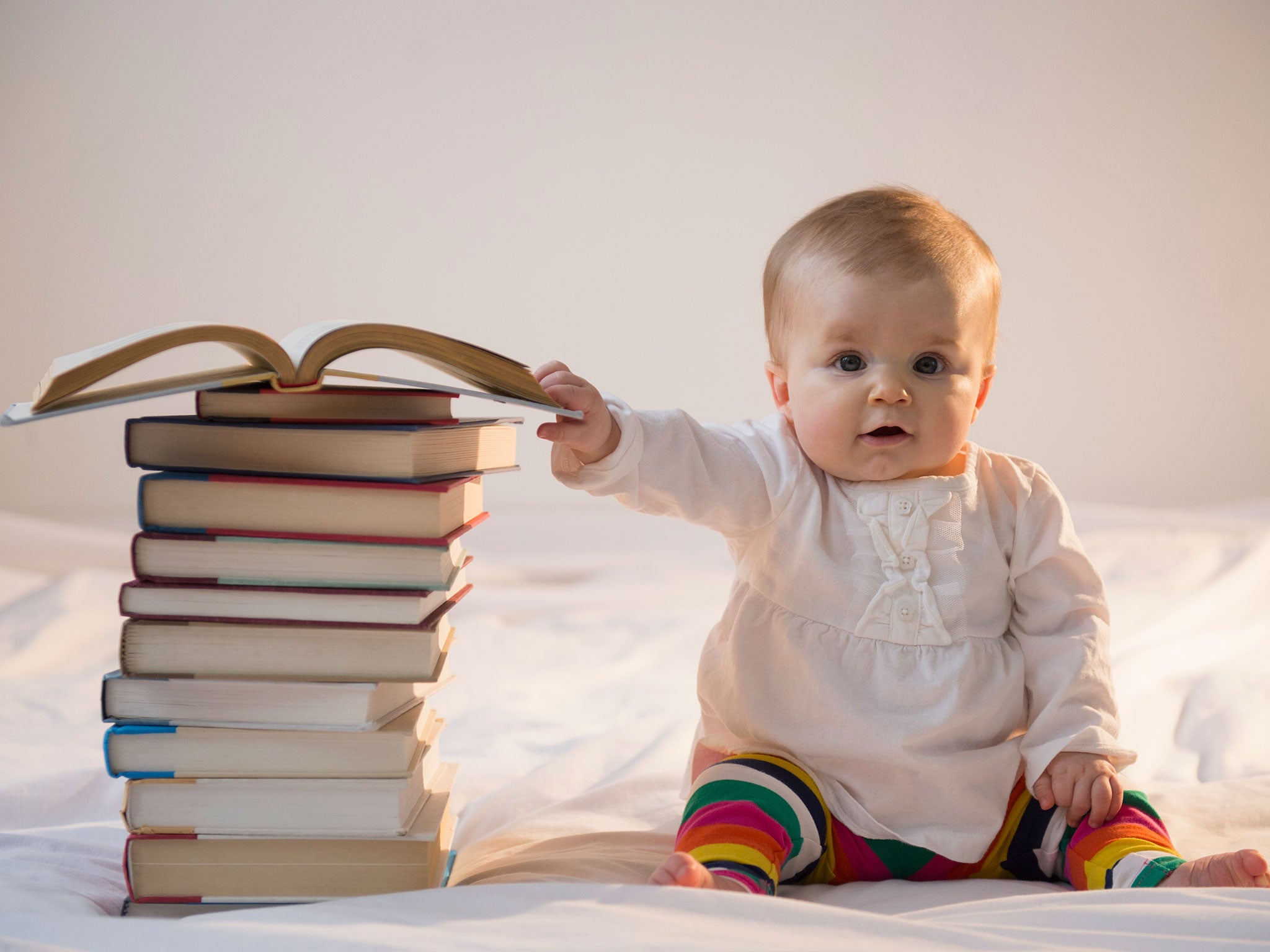Bilingual babies benefit from learning faster
Six-month-olds who are brought up hearing more than one language show broad cognitive advantages compared to their monolingual peers

The benefits of growing up in a bilingual home start early and are broader than previously thought, new research shows. At just six months old, infants who are exposed to more than one language have an edge over their monolingual peers. Bilingual babies get bored more quickly when they are repeatedly shown the same picture, and have a greater thirst for novel images; tendencies which have strong links to higher IQ later in life.
Researchers from the National University of Singapore and the Singapore Institute for Clinical Sciences worked in collaboration with various hospitals in the city to take a closer look at the effects of bilingualism. Singapore has a high number of bilingual families compared to most countries, allowing the clinicians and scientists relatively easy access to the youngsters they needed.
Leher Singh of the Department of Psychology at the National University of Singapore and lead author of the study, said: “As adults, learning a second language can be painstaking and laborious. We sometimes project that difficulty onto our young babies, imagining a state of enormous confusion as two languages jostle for space in their little heads. However, a large number of studies have shown us that babies are uniquely well positioned to take on the challenges of bilingual acquisition and in fact, may benefit from this journey.”
Whereas previous studies have focused on the advantages bilinguals enjoy when it comes to linguistic skills, Singh and her collaborators were interested in finding out whether the benefits of having more than one native tongue might have a wider reach, affecting cognitive abilities in general. In order to uncover any such effects, the researchers used purely visual test material in a method called “visual habituation.”
Measuring infants’ ability to process information isn’t straightforward, and visual habituation is one of the few tasks that babies can do which is a strong predictor of later IQ. In Singh's study, 114 Singaporean six-month-olds were repeatedly shown a picture of a cuddly toy representing either a bear or a wolf. Once they lost interest in this image, they were shown the alternative animal, which was novel to them.
The babies who were growing up in a bilingual environment became bored with their first picture more quickly, and showed a greater interest in the image of the unfamiliar soft toy. Both the rate at which infants become bored of an image and the preference for novel stimuli have been linked to performance in a range of cognitive domains, indicating that bilingual six-month-olds already have the building blocks in place to excel in a variety of areas later in life. These effects were not specific to any particular language, but were found across all language pairings studied.
According to the researchers, one explanation for these findings could be that bilingual children simply require greater information processing skills in order to rise to the challenges they face. Not only are they learning two languages with reduced exposure to each vocabulary, they are doing this whilst learning to distinguish between the two. The efficiency they develop in order to achieve this appears to stand them in good stead for the rest of their lives.
Join our commenting forum
Join thought-provoking conversations, follow other Independent readers and see their replies
Comments
Bookmark popover
Removed from bookmarks